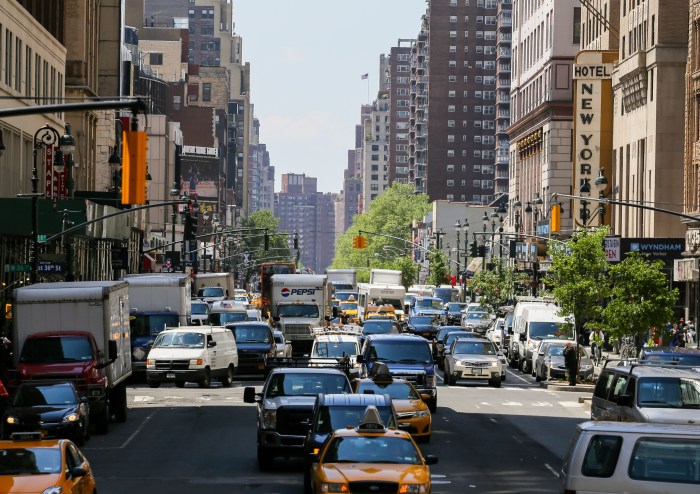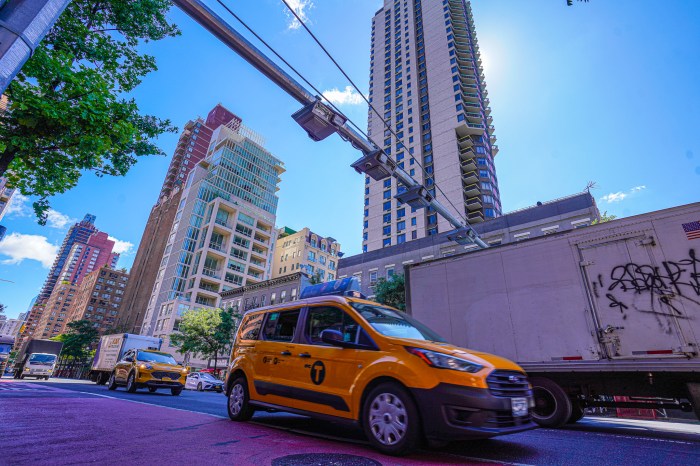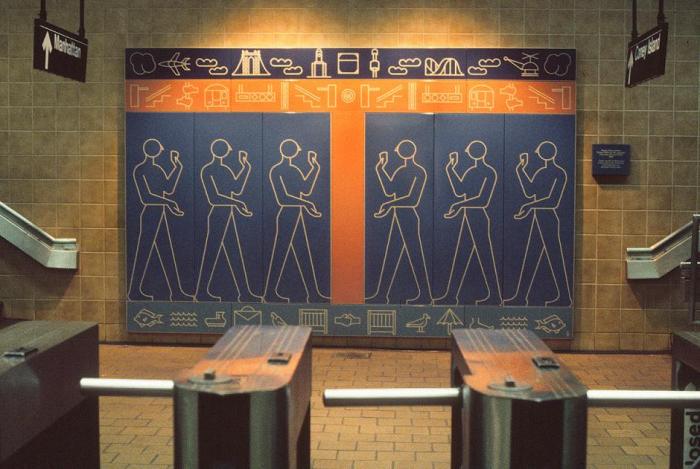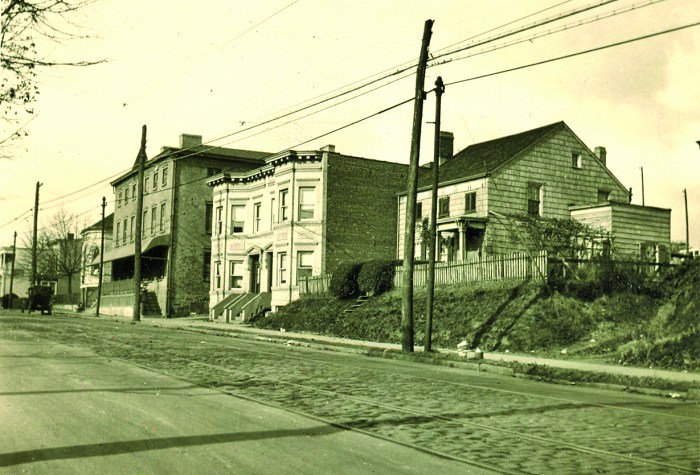Residents living in the transit deserts of Brooklyn and southeast Queens are about to get a new commuting option.
The Metropolitan Transportation Authority will launch a pilot this fall that will bridge bus, subway and Long Island Rail Road service within New York City under one ticket, according to Brooklyn Borough President Eric Adams and two MTA board members, who will announce the news on Wednesday.
The test of the “Freedom Ticket,” as it’s been called by transit advocates, will be implemented along select LIRR stations, mostly along the Atlantic Branch, including Brooklyn’s Atlantic Terminal, East New York and Nostrand Avenue stations, as well as Queens’ Laurelton, Locust Manor, Rosedale and St. Albans stations.
“I thank the MTA for stepping up their commitment to underserved riders in central and eastern Brooklyn,” said Adams, an early proponent of the pilot, in a statement. “The Freedom Ticket promises a greater freedom of movement and a more intelligent use of our transit system, prioritizing the needs of commuters in need of a break. I look forward to seeing the results of this pilot program.”
By allowing riders to transfer seamlessly between the Long Island Railroad and the city’s bus and subway system, the Freedom Ticket could drastically cut hours from residents’ commutes every week while also tapping into underutilized LIRR service, according to the New York City Transit Riders Council (NYCTRC), which introduced the proposal in 2015.
“There is wonderful rail infrastructure running through Brooklyn and southeast Queens, but unfortunately it’s priced beyond the reach of many neighborhoods,” said Andrew Albert, an MTA board member and chair of the NYCTRC. “This will allow for a more direct ride for commuters while significantly cutting travel times.”
Under the pilot, riders will be able to buy single one-way tickets, weekly or monthly passes valid for both subway and LIRR trains. Fares will be more expensive than MetroCard rates, but likely significantly cheaper than the cost of purchasing both a MetroCard and LIRR ticket, according to estimates from the NYCTRC.
Tom Prendergast, former MTA chairman, announced at his last board meeting, in January, that the agency will undertake a field study for the Freedom Ticket to get a sense of its impacts on service and pricing for fares.
“Using more of our capacity and giving people travel options, which is at the core of the Freedom Ticket, is something … that we can and should look at more closely,” said Prendergast. “This limited-duration field study will help MTA understand customer demand for Atlantic Terminal and any impacts on service and operations such a plan would have.”
An MTA spokeswoman said that the Freedom Ticket was still being studied by the agency and no timeline is set.
But Albert, who said that MTA board members were briefed on the plans last month, assured that details on the pilot will be unveiled in the spring. Once implemented, the test will be reviewed over the course of six months, according to Albert.
“We have the LIRR seats, let’s sell them,” Albert said.

































